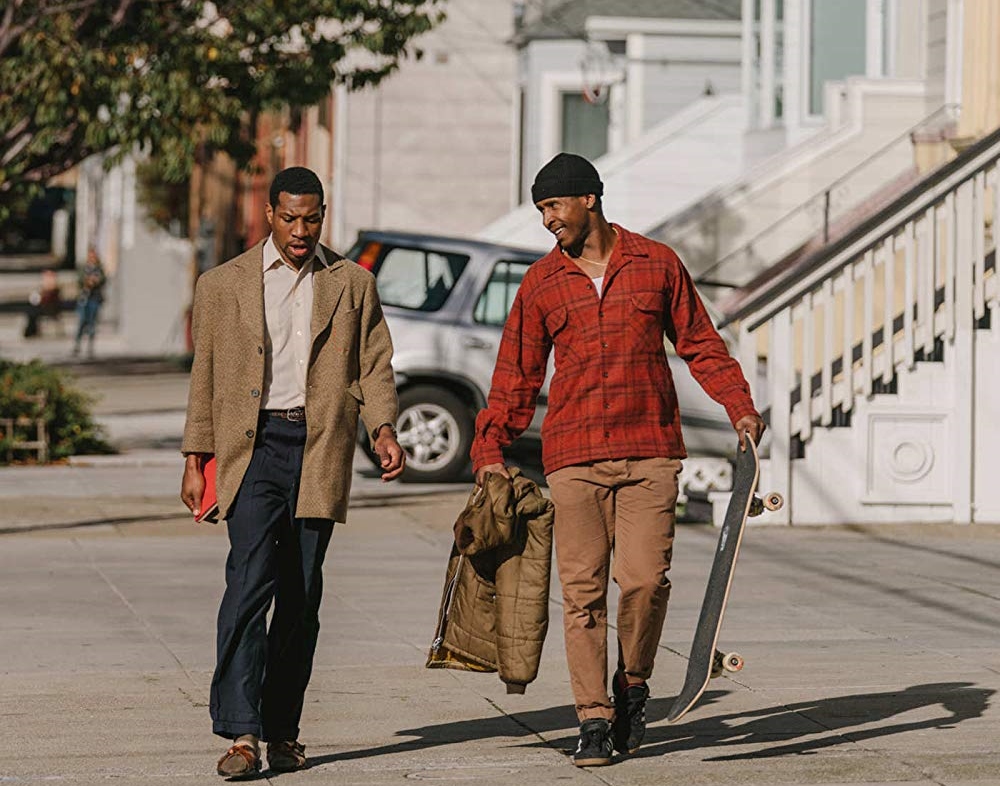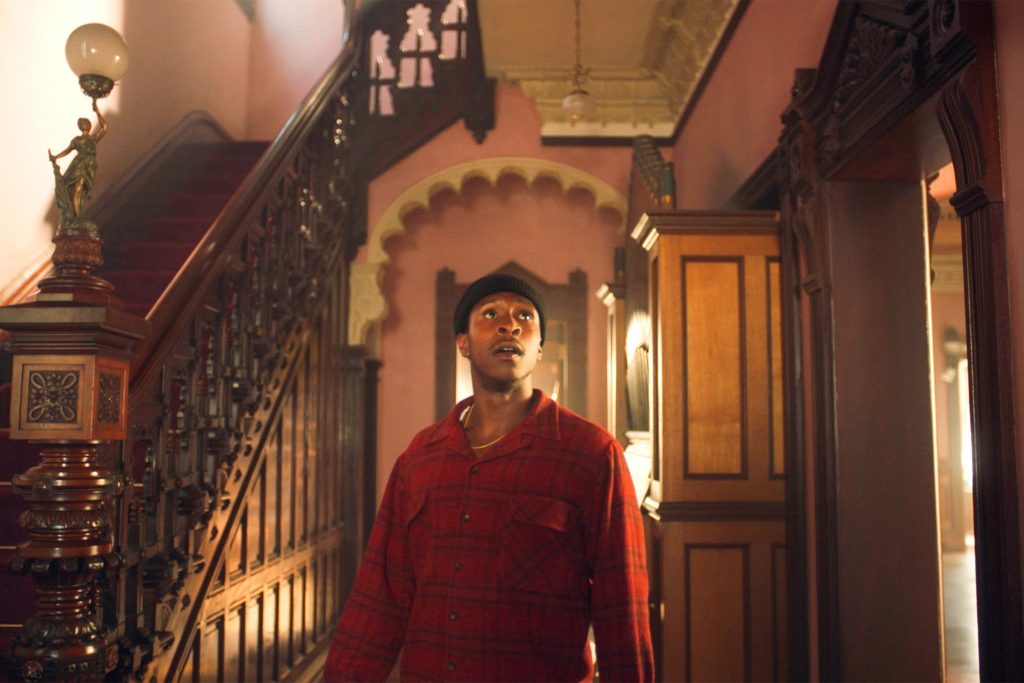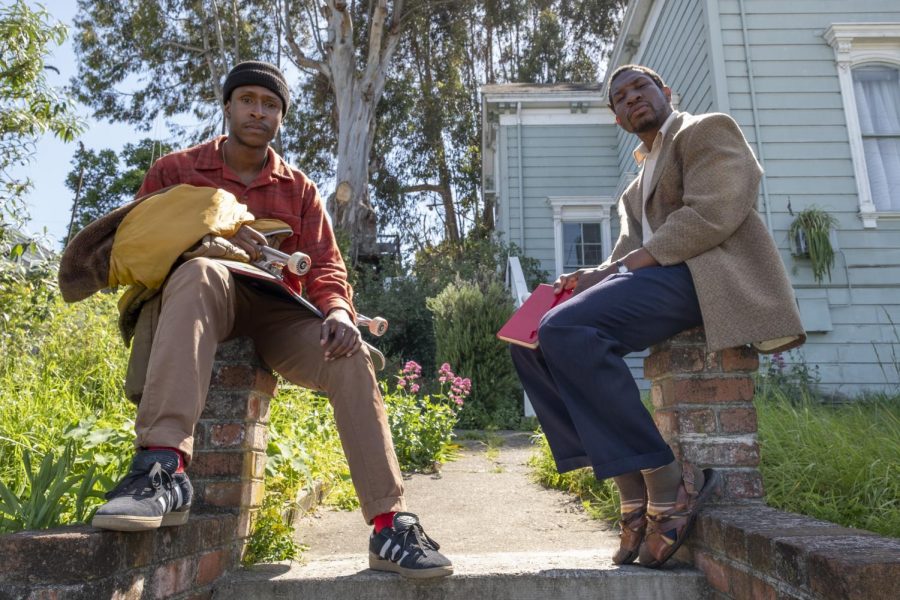
Every once in a while, there’s an eccentric, unique little art-house movie out of Sundance or another independent film festival that develops a buzz and gains a great deal of publicity. This year, that title was The Last Black Man in San Francisco. One would not expect a movie about the housing market, gentrification and the individuals pushed out of the city by wealth disparity to make such an impact. However, this project not only succeeds, but lingers in the brain. It’s an unusual, soft-spoken feature that doesn’t move at a quick clip or offer a conventional narrative, but provides beautiful, haunting imagery alongside a bittersweet tale providing plenty of subtext.

The story follows two African-American men living well outside the core of San Francisco. Jimmie Fails (Jimmie Fails) travels downtown by bus to the Fillmore district each day with his artist/playwright friend Montgomery Allen (Jonathan Majors) and visit the beautiful Victorian house he grew up in. Stating that the structure was built by his grandfather, Jimmie continues to paint and keep the outside of the property in tip-top shape, much to the consternation of its current owners. When a crisis forces the current owners out, the protagonist sees it as an opportunity. Jimmie doesn’t have the $4 million dollars required to purchase the home, but decides to squat there as a last grasp at staying in San Francisco and forcing him to address his family history.

This is one movie where, in addition to the performances, photography and music really help establish and maintain a powerful mood. It uses a more square-like aspect ratio (1.66 : 1) that helps capture the tall and rectangular shape of the home. The San Francisco vistas are still striking, yet the boxy compositions also create a sense of unease, emphasizing the characters being closed off and separated from the metropolis. Additionally, the somber score is equally original and evocative, combining orchestral elements, piano, powerful vocals and even soulful renditions of classic pop covers. It all clearly communicates the bittersweet emotions experienced by the lead. Frankly, this is one of the strongest accompaniments in recent years and one hopes the tracks are remembered come awards season.

Of course, while the technical credits are stellar, none of it works without an able cast, and once again the film delivers. Jimmie Fails and Jonathan Majors are extremely likable, relatable and sympathetic as the men trying to endure and find their place in an ever-changing environment that doesn’t appear to want to include them in its future. There are also some effective supporting roles in Grampa Allen (Donald Glover) and Jimmy’s estranged father, James Sr. (Rob Morgan).
The film itself never over-explicitly states its themes, instead following these characters in their unusual daily activities and their attempts to be useful. Some may find it a bit slow-moving for their liking, but this reviewer was consistently fascinated. The conversations, themes and environments make the message as clear as day. With entire neighborhoods being sold away to the highest bidders, property prices rising until only the extraordinarily wealthy can live there, the city is pushing away its most valuable assets, as well as its distinctive character. The Last Black Man in San Francisco follows the beat of its own drummer and the results are unique, stirring and utterly different from anything out there in cinemas today.


